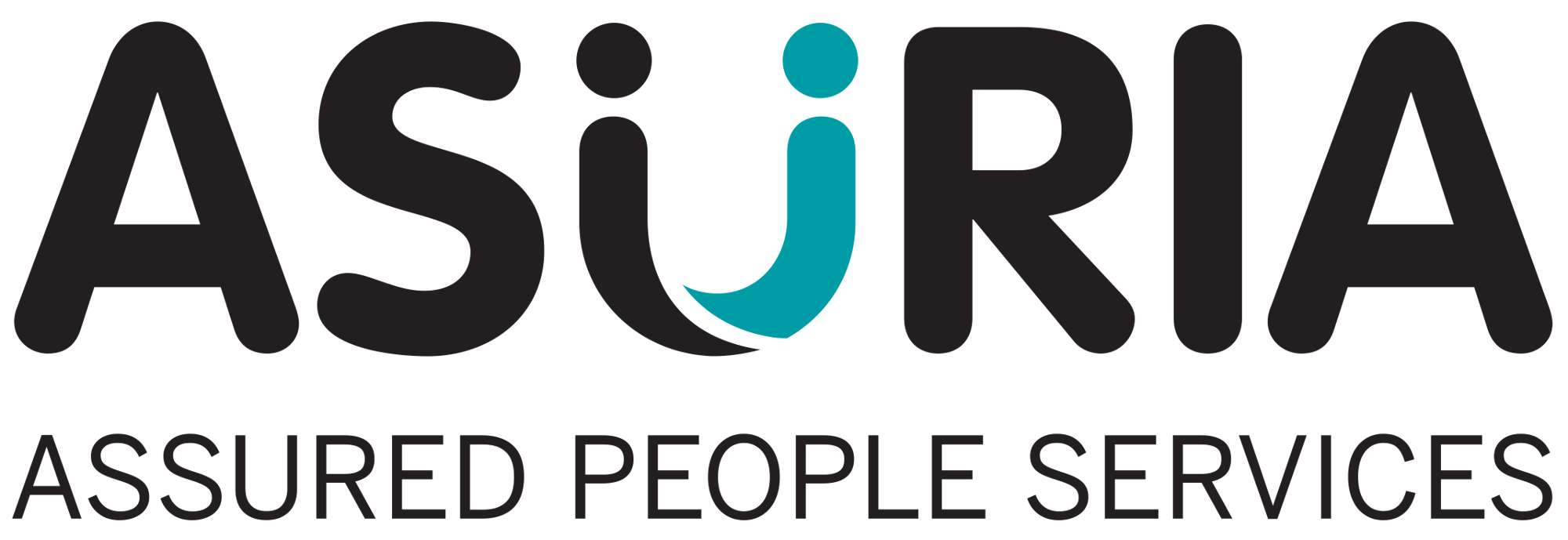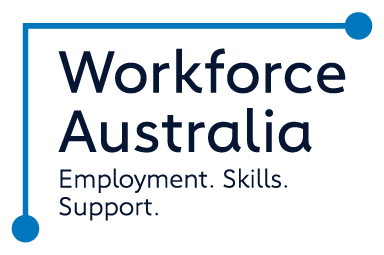A new type of scam is sweeping the internet, targeting job seekers looking for work through online methods.
Recent statistics show that the total number of job vacancies is currently sitting at an estimated 444,200 (Australian Bureau of Statistics, Nov 2022), with job seekers often applying for jobs via online platforms.
This has created an opportunity for people to find jobs from the comfort of their homes, however this comes with the emerging risk of falling victim to recruitment scams.
How can you identify a recruitment scam?
A recruitment scam is typically described as an individual or group targeting job seekers through fake job advertisements. These may come in the form of messages on social media, suspicious or unprompted emails, and even anonymous phone calls or text messages.
These scam messages can offer enticing opportunities for you to make impressive monthly income by working a flexible schedule remotely. This may involve the scammer asking you to respond to surveys, review products and services, or test payment systems with your details. They may also claim to represent a large company with a recognisable brand name.
You may be able to spot the signs of these scams by looking out for the following:
- An email address that doesn’t match the larger company they claim to work for,
- Spelling and grammar errors,
- Suspicious links in the body of the content
- Or if you have never given your details out to a business with this name and they are posing you as a client/customer.
What steps can you take to protect yourself online?
If you’re actively looking for work, you will most likely be receiving emails and calls from genuine employers or recruiters, should you be successful in the recruitment process. A few simple measures can assist you in identifying and avoiding a recruitment scammer:
- Don’t give out bank or personal details before commencing a role you have interviewed for and / or visited in person.
- Background research – make a quick search online for the company’s website, public information and contact details, and see how closely it matches the person contacting you. If something seems suspicious, you can always contact the official company contact details to confirm if the request is genuine.
- Only open links once you can be sure the message has come from a genuine source. E.g. some official recruiters will request you complete personality tests or submit a video interview. Unless you have previously arranged for this to occur, it’s safer to leave these links unopened.
Workforce Australia has released an official guide to protect yourself from these scams to ensure your information is safe. Their advice includes creating stronger passwords that are updated regularly, learning how to spot suspicious emails and messages, using safe Wi-Fi networks where possible and always signing out of your accounts when using a shared network or device. To read the full article, visit this link:
https://www.workforceaustralia.gov.au/individuals/coaching/how-to/protect-yourself-online
What are safe ways to look for work?
Connecting to an employment services provider like Asuria provides you with the peace of mind that your job search journey is protected. Any opportunities put forward by our team of Mentors are verified to ensure the safety of our client’s information.
“Our Asuria Mentors are here to support you with your job search every step of the way. This includes validating job advertisements to ensure that the work you are applying for is secure and sustainable.” - Alicea Shaw, Executive Director, Asuria Employment Services.
Other safe methods to search for work through official job searching websites such as Seek, Indeed, and myGov. It’s important to still be vigilant, but these websites have their own vetting systems for untrustworthy job advertisements, unlike social media.
Speaking to a business in person or through their officially listed contact number or email will mean you are connected to the correct source of a job advertisement.
If you’re looking for support to search for jobs safely, reach out to the Asuria team today.







